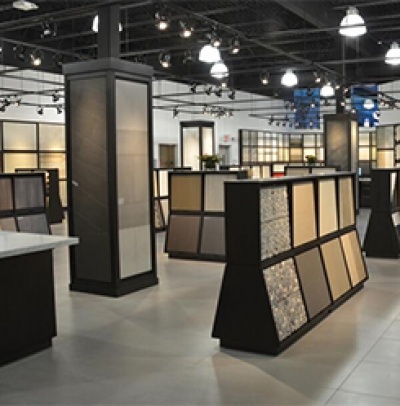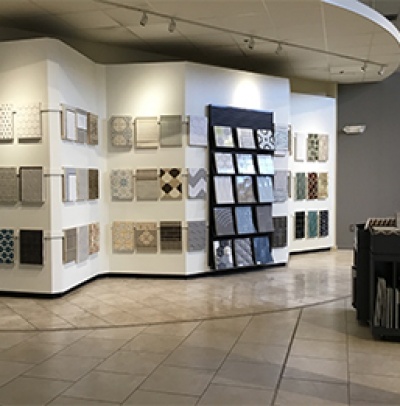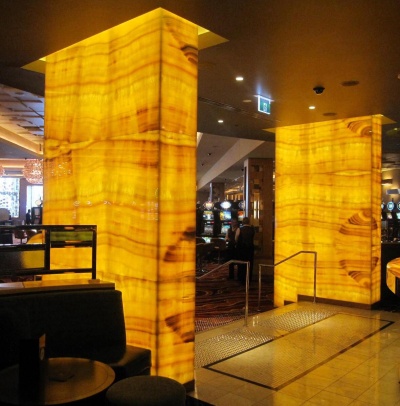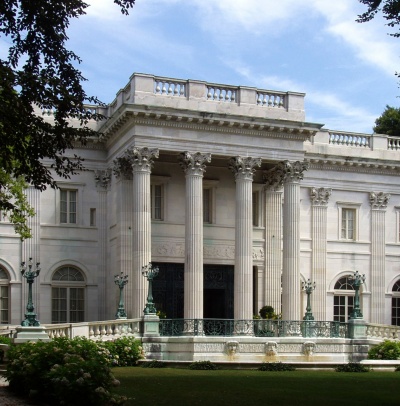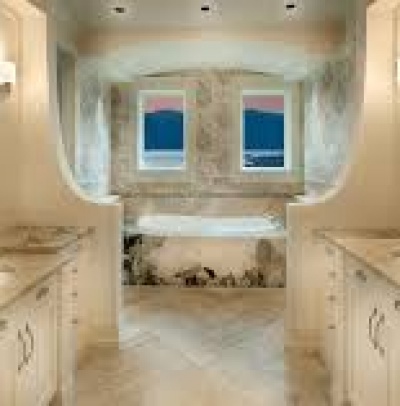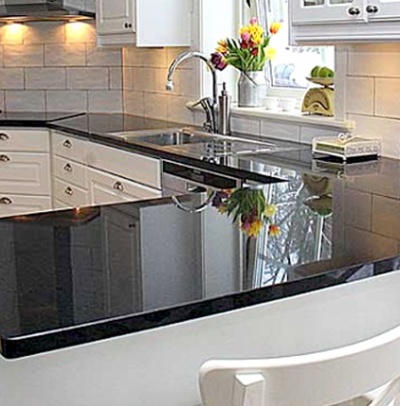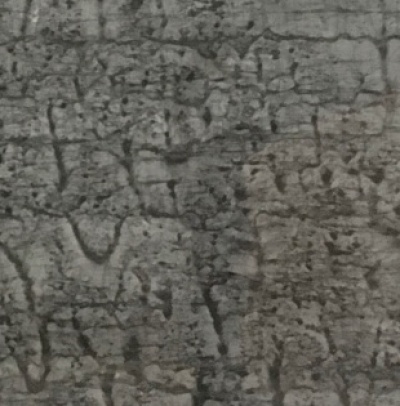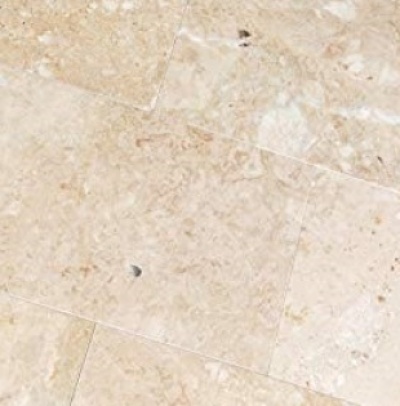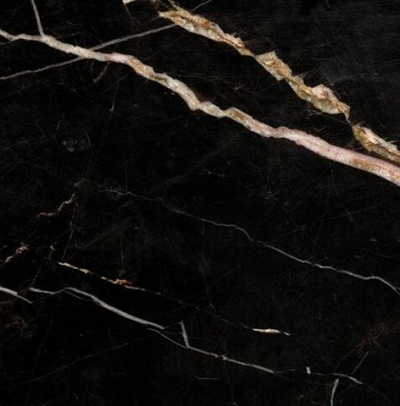Hotline: 0901312066
Email: info@dahoacuongklp.com
Sign up to receive promotions
Interior construction design
Same category news
Interesting things about granite that you do not know
25/06/2020
By: Ken
Interesting things about granite that you do not know
1. Origin and process of forming marble:
Granite is a very deep rock in the earth, formed by the metamorphism of molten lava flows at very high temperatures and under intense
pressure of the earth's crust, when cooled go, they form granite crystal structures. Almost all types of granite are solid, very hard
and rough.The texture of the rock is similar to that of lava, but the hardness and density of Granite is due to the strong compression
with high pressure in the ground. Over millions of years, the effects of geology have altered the surface of the earth and pushed
granite strips onto the surface.
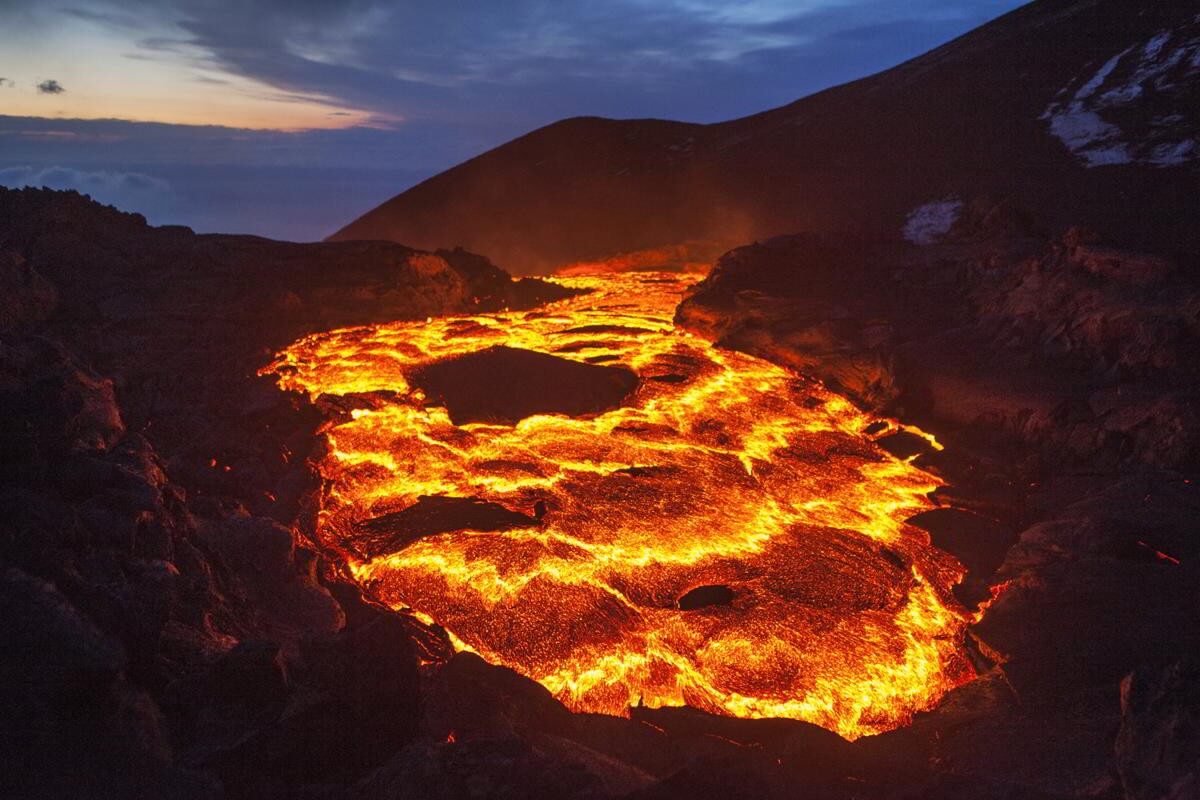
2. Granite is one of the hardest materials in the world.
In fact, the hardness of granite is second only to diamond and is the highest hardness natural stone. For this reason, artificial
diamond compound is often mixed in stone cutting blades the hardness of any mineral is assessed on a scale of 1 to 10 called the
Mohs scale. This scale was invented by German mineralogist Friedrich Mohs in 1812 and ranked minerals based on their ability to
resist scratches or maintain scratches. Ranking 1 means minerals are very soft, while ranking of 10 means very high hardness.
Granite has a hardness of 6 to 7 on the Mohs scale, which is considered to be relatively good hardness. It can scratch other
lower-ranked rocks, such as marble.
3. Advantages of marble
+ Granite features waterproof, moisture and water resistance.
+ Also effective against fire, soundproof, anti-ultraviolet rays.
+ Enduring beauty with time, anti-scratch, anti-mold, withstand many surface contact in crowded areas.
+ Granite is easy to clean, clean, and always looks beautiful.
+ Stone can prevent heat in summer and keep heat in winter.
+ Help save a lot of money in construction, saving space.
+ The variety of colors helps architects can easily arrange marble everywhere but still ensure harmony in terms of overall
architecture. Considered strengths for investors.
+ Formed at high temperatures and deep in the ground, because this helps granite can withstand the corrosion of common acids.


